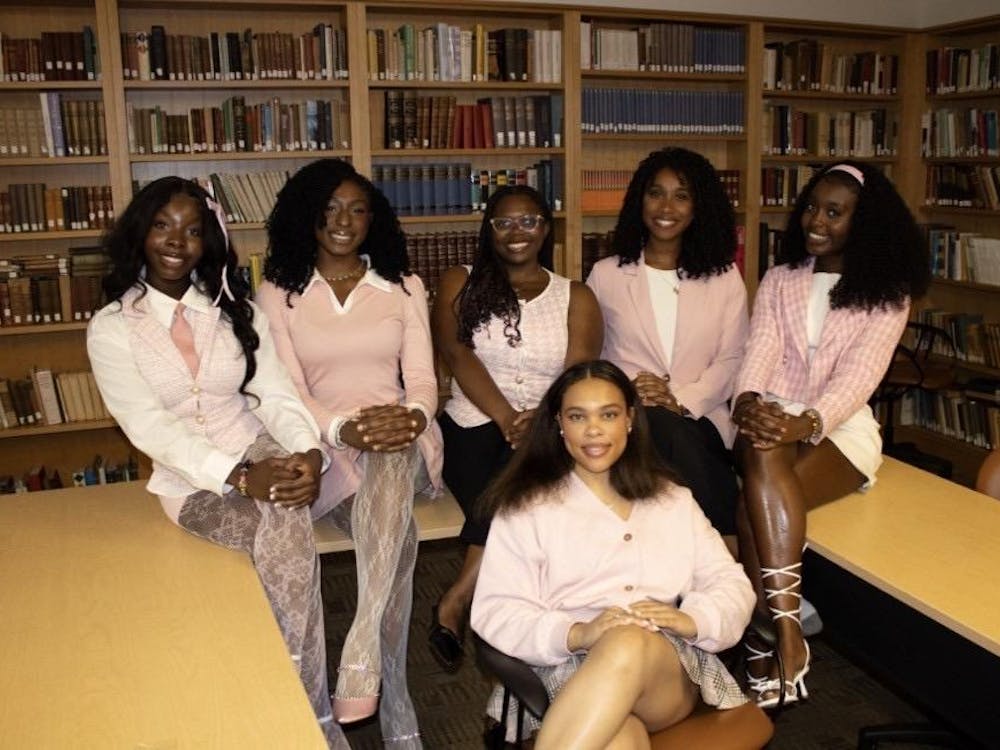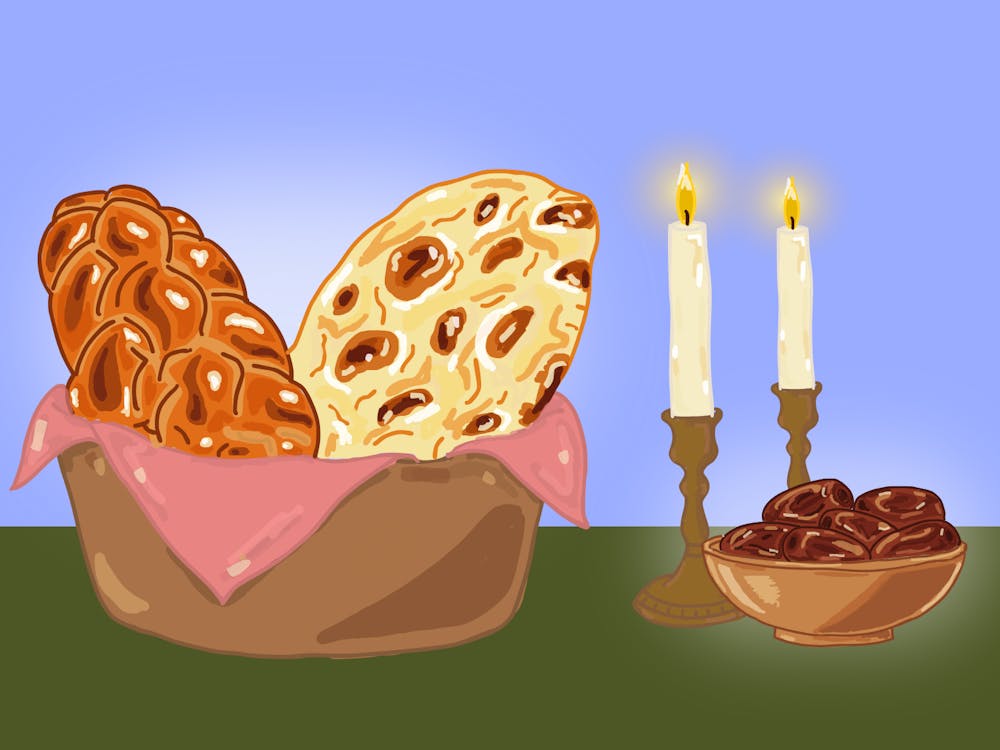The decision was impetuous, but the choice was clear: an afternoon of seminars vs. a road trip to D.C., political complacency vs. an opportunity to change the world. When Ian stood up at the end of our sociology class one Tuesday morning, exorting our merry band of social critics to drive to D.C. that day and march for affirmative action, I said yes.
The urge to act had been brewing in my gut for a few months. Engaging classes and readings on injustices and oppression I had never paid attention to got the waters bubbling. Seeing "Bowling for Columbine" kicked them to the boiling point, and by the end of another discussion on power structures and inequality, I was bursting to do something about everything.
By 12:15, four of us were in Ian's Taurus, and after a stop at Wendy's for car-food fare, we were on our way up 29. It was going to be my first protest/rally/march of any kind and I was exhilarated.
A few hours later we found ourselves staring at a near-empty Reflecting Pool, at the near-empty march. We had arrived just in time for the calls to help pick up the littered posters that we had never gotten a chance to wave in the air.
Still, as Ian, Jane, Priya and I sat on the steps of the Lincoln Memorial, we felt we had done something. I just wasn't sure what.
To act or not to act
I don't have any bumper stickers on my car.
The person behind me at the stoplight could guess my academic affiliation from my Rotunda license plate and the crooked "University of Virginia" decal stuck to my rear window. Perhaps the police officers who have twice pulled me over for speeding drew some inferences about the driver of a zippy blue Jetta.
But I offer fellow drivers no outward indication of my favorite band, vacation spot or catchphrase mantra. I don't advertise my thoughts on forests, air, meat, whales, pot, abortion, gun control or the death penalty with a label.
My aversion to vehicular sloganeering is symptomatic of a larger political malaise. I don't sign petitions. I don't walk out of classes in protest. I don't rally. I don't campaign. While I have had plenty of debates about gay adoption rights and immigration restrictions with my best friend's conservative, Texan father, have I ever taken these views to the street? Hell no. I won't go.
I used to think my public silence was born of my allegiance to the doctrine of journalistic objectivity. But I'm not a professional journalist yet, and even if I were, I'd still have to wonder, in this time of war and suffering, debilitating globalization, racism, sexism and poverty -- what's my problem? Why am I doing nothing?
Free speech
To even begin to answer those questions, I turned to someone far more articulate than I: Arundhati Roy, the Booker Prize-winning author of "The God of Small Things" and a vocal critic of globalization. In "Power Politics," Roy wrestles with the meaning of the "writer-activist," a term she detests for suggesting both that the writer belongs in some "effete" realm separate from politics and that "the activist is fueled by a crude, simple-minded, one-sided understanding of things."
This was exactly the lexicon of my secret stereotype; the "activist" connoted a raw irrationality, an inability to "see both sides" or to meet the mainstream part way. It's not that I didn't believe in discourse, argument and conflict with guardians of the status quo. It's just that I believed activists were crazy.
Or so I thought. One day on Grounds I saw fourth-year College student Nicholas Graber-Grace walking around wearing, in cape fashion, an American flag spray-painted with the word "SOLD." We're both political and social thought majors and I knew who he was. A former editor of Critical Mass. An organizer of the "Dissent is Patriotic" peace rally last fall. An "activist."
I called Nicholas yesterday to get his definition of activism. I hoped he could put his finger on the stirrings I had felt at the Lincoln Memorial two weeks ago. I wanted to know why even though we had arrived in D.C. too late to cheer, chant and wave signs, I still felt I had done something important.
I don't think it was the phone call he was expecting on a Monday afternoon from someone he barely knew, but I got my answer.
"At it's core," he said, "activism implies caring about the world and being public about trying to change it."
I asked Nicholas what it was he had to protest.
"The fact that being a white male college student is advantageous to me -- I find that problematic," he said. "It's not something I should feel guilty about, it's something I should try and change."
For 78-year-old Jane Foster, guilt has been strong motivator in over 40 years of on-and-off activism. When the Charlottesville resident moved here in 1959, she joined the Council on Human Relations, boycotted movie theaters and picketed for civil rights. These days, she carries signs for a living wage and for peace, makes phone calls and attends meetings for racial equality and education initiatives.
"I think you have to do more than believe the right thing," Foster said.
Foster admitted that, during the 14 years she lived in Boston, she was happy to take a break from activism -- no phoning, no arranging, no meetings.
"I'm just as lazy as anybody," she said, but the "old church guilt that you have to do something to justify your existence" crept back up on her.
Foster has been involved in campaigns through the Virginia Organizing Project, a grassroots organization that promotes community activism.
"Jeffersonian democracy says we should all be activists," VOP Executive Director Joe Szakos said. "Every person should be active as much as possible."
I have no pretense that as Jane, Ian and I read Lincoln's Second-Inaugural Address aloud, our voices carried any farther than the tourists scattered around us. But for a few seconds our voices echoed, and someone heard us doing something.






